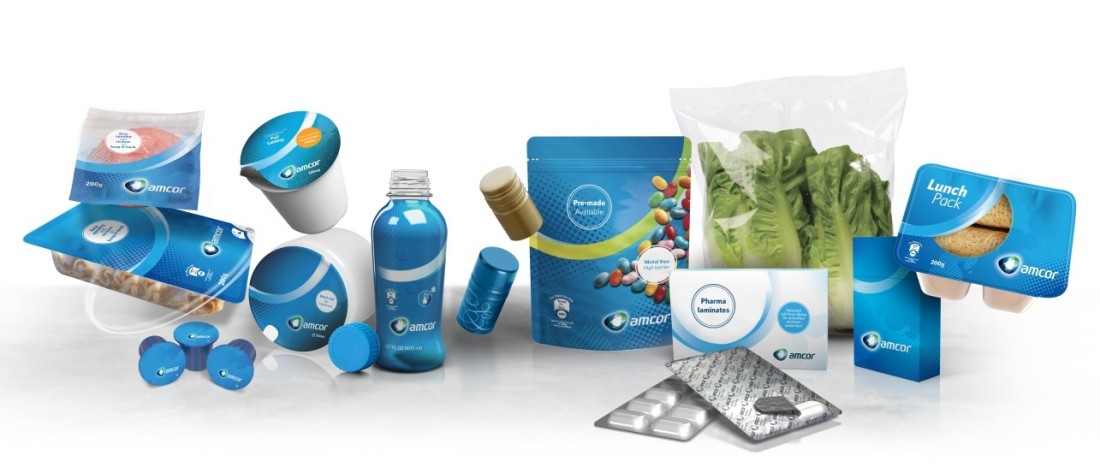Global packaging giant Amcor is closing 10 plants across the globe as post-Covid destocking continues. It has implemented significant workforce reductions. Amcor says this in response to a substantial decline in customer demand for beverages, meat, and destocking by pharmaceutical customers.
The company’s net profit witnessed a nearly 60 per cent drop in the first half of the financial year, prompting the cutting of 2000 jobs, approximately five per cent of its workforce.
Amcor’s sales figures experienced a nine per cent decline, from US$7.35bn ($11.9bn) to US$6.69bn, resulting in a record-breaking 10 per cent drop in volumes.
Net profit plummeted to US$286m, a sharp decrease from US$691m in the corresponding period of the previous year.
Challenging market

Amcor attributes the challenging market conditions to continued post-Covid destocking, particularly in healthcare. In addition, cost of living pressures have led consumers to opt for value pack beverage cans over Amcor’s PET bottles.
Ron Delia, chief executive officer of Amcor acknowledged the adverse market conditions, highlighting a 17 per cent decrease in net income, an eight per cent decline in EBITDA, and a 10 per cent drop in EBIT.
In North America, consumers scaled back on soft drinks and PET bottled beverages Amcor specialises in. Also, pharmaceutical and medical device customers contributed to the sales decline by reducing their inventories. Eco-conscious consumers in the US, grappling with cost of living pressures shifted packaging preferences towards value-packs of 24 cans rather than single PET bottle versions, impacting Amcor’s sales.
Despite a slight improvement in volumes in January, Delia expressed caution, stating, “We’re not expecting any rebound in the consumer.”
Investors respond well to cost-cutting
Investors responded positively to Amcor’s cost-cutting measures, leading to a 4.75 per cent increase in the company’s share price on the ASX to $14.92, its highest level in six months. Delia assured investors of the company’s commitment to organic growth, acquisitions, and returning cash to shareholders through dividends.
Flexibles sales dropped by ten per cent to US$5bn, while Rigids were down by seven per cent to US$1.66bn. Delia points out that second-quarter volumes were slightly lower than anticipated, prompting proactive cost-reduction measures.
The company remains cautiously optimistic about building momentum in the second half, citing known benefits from eliminating earnings headwinds, lower interest expenses, and ongoing structural cost reduction initiatives.
Unprecedented situation
Despite the challenges, Delia expressed confidence that the destocking by pharmaceutical customers would not be repeated. The exit from Russia contributes to the company’s focus on cost management leaving Amcor operating 210 factories in 43 countries.
Amcor’s second-quarter 2024 results revealed an 11 per cent decrease in revenue to US$3.25b, a 71 per cent decline in net income to US$134.0m, and a reduction in profit margin from 13 per cent to 4.1 per cent, primarily driven by lower revenue.
Earnings per share (EPS) also declined from US$0.31 in the second quarter of 2023 to US$0.093.


